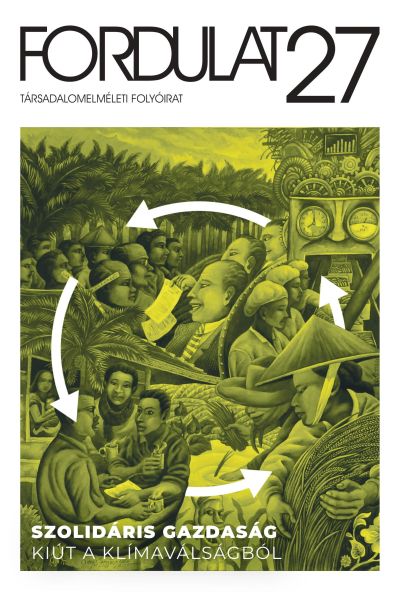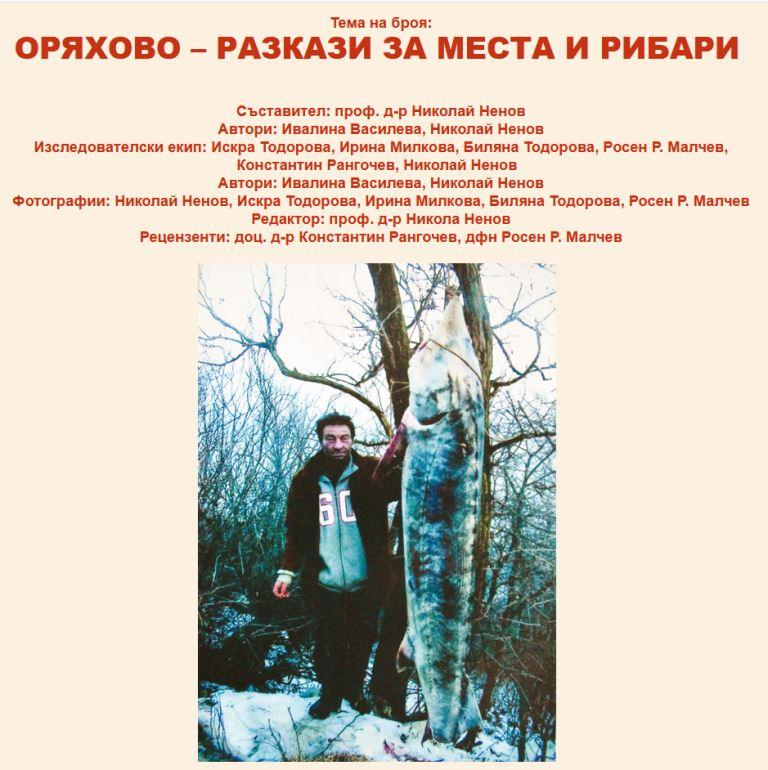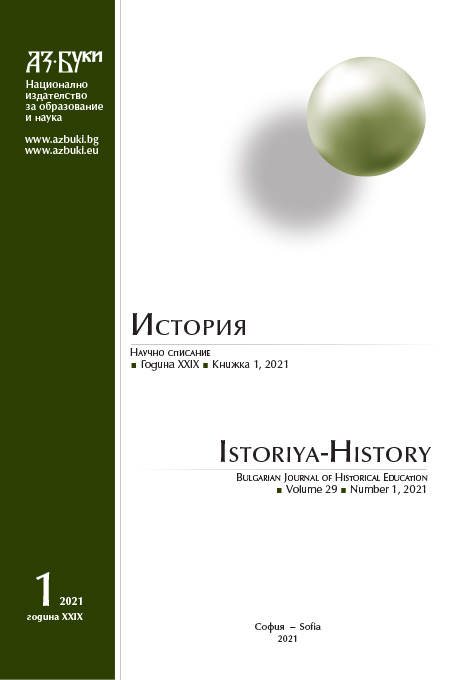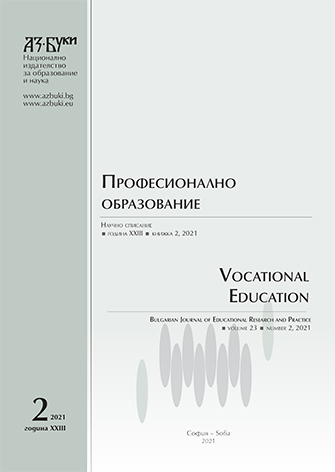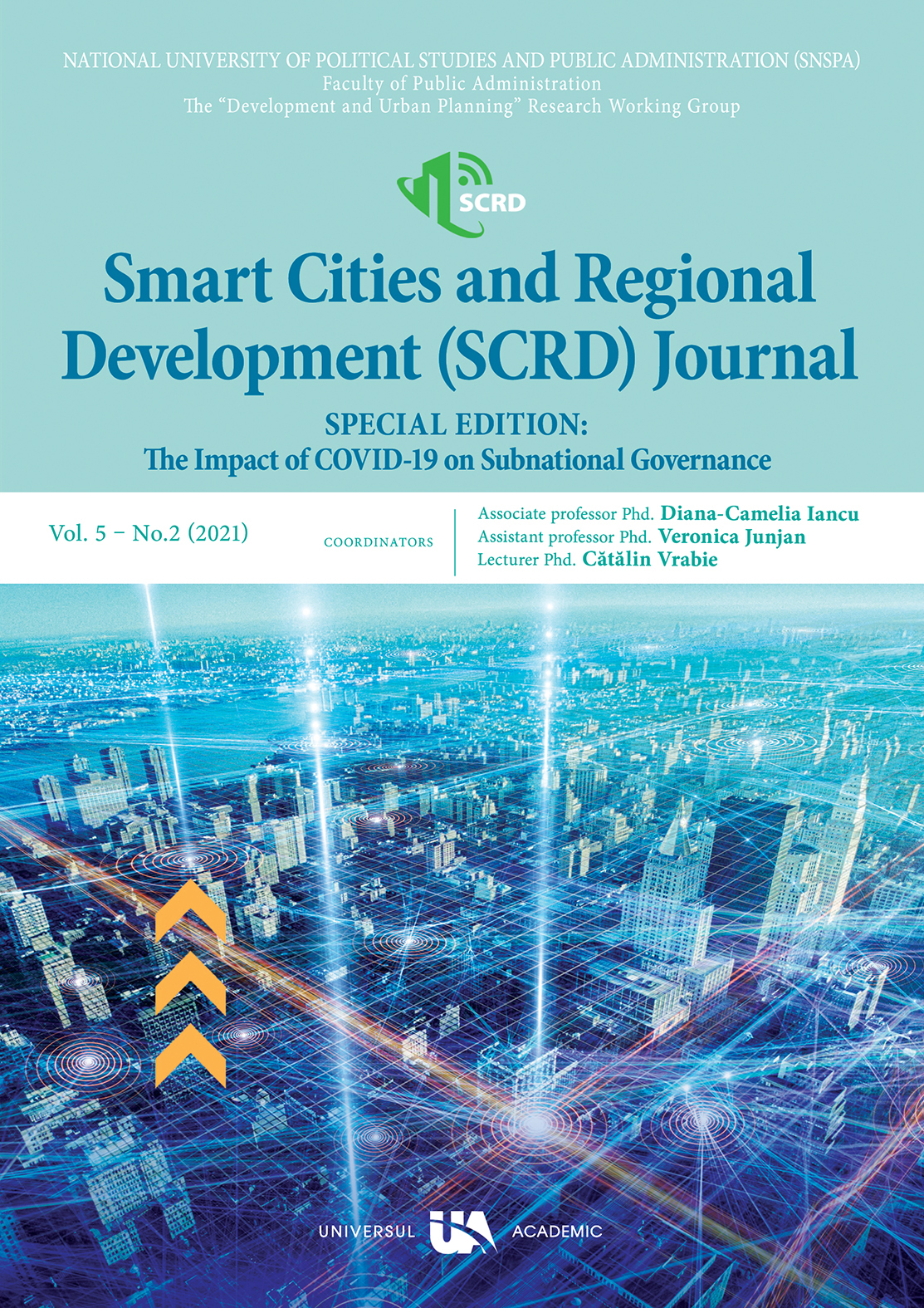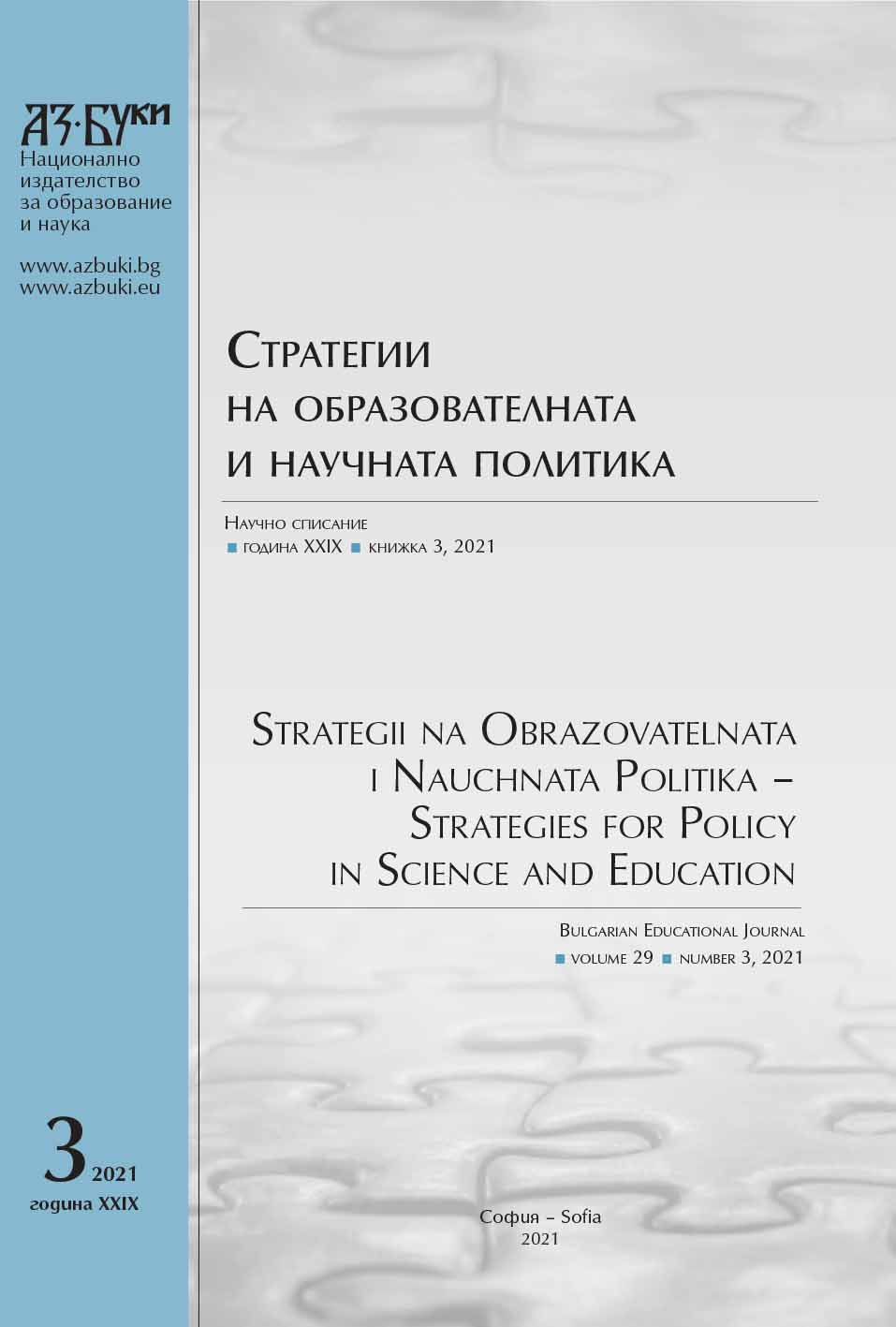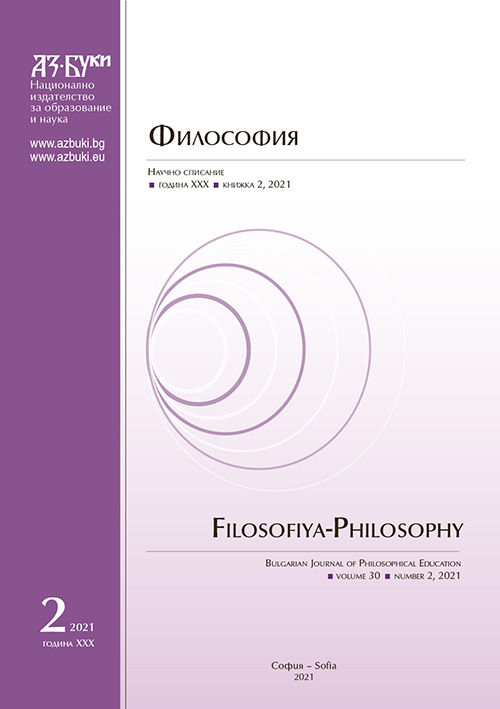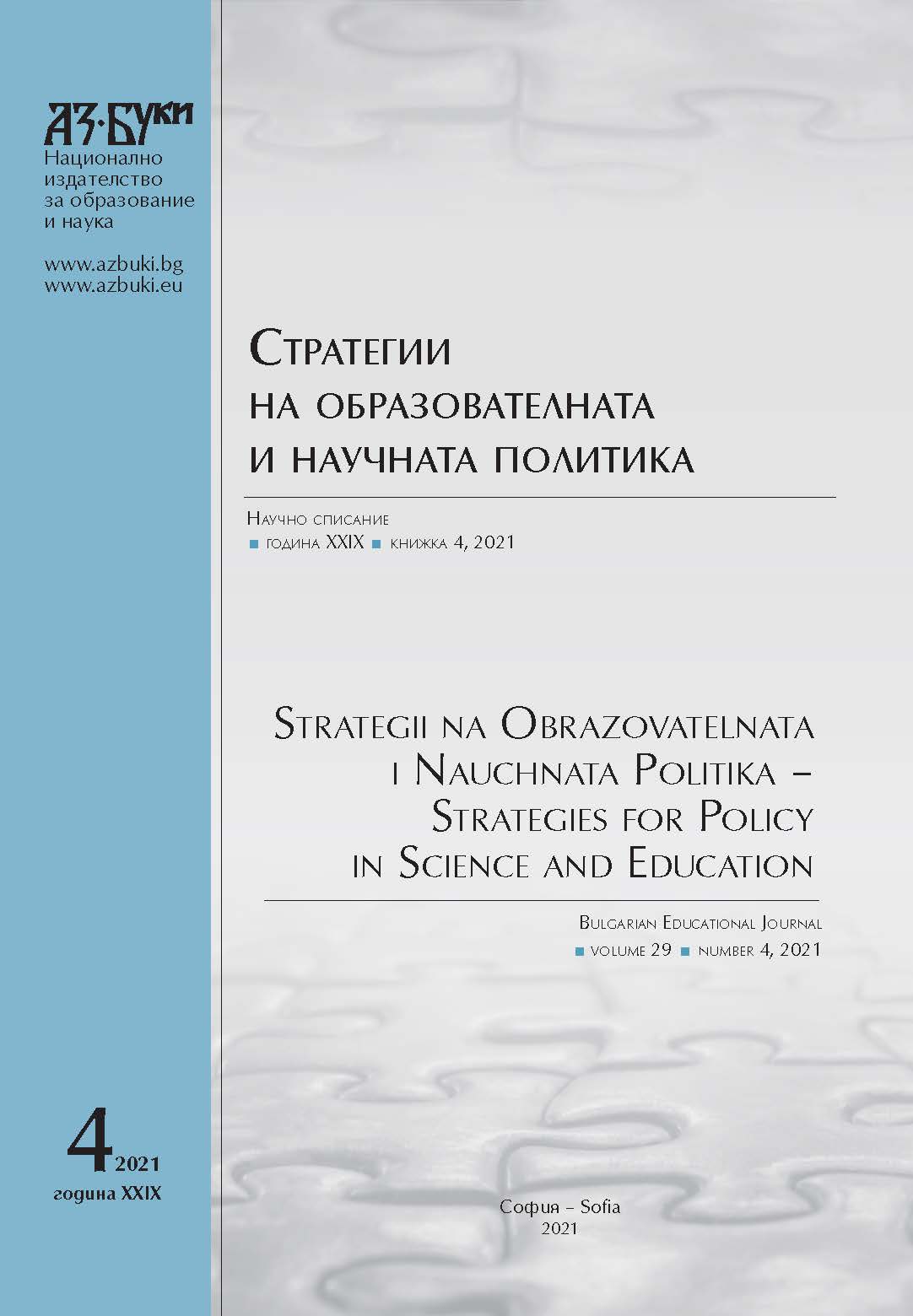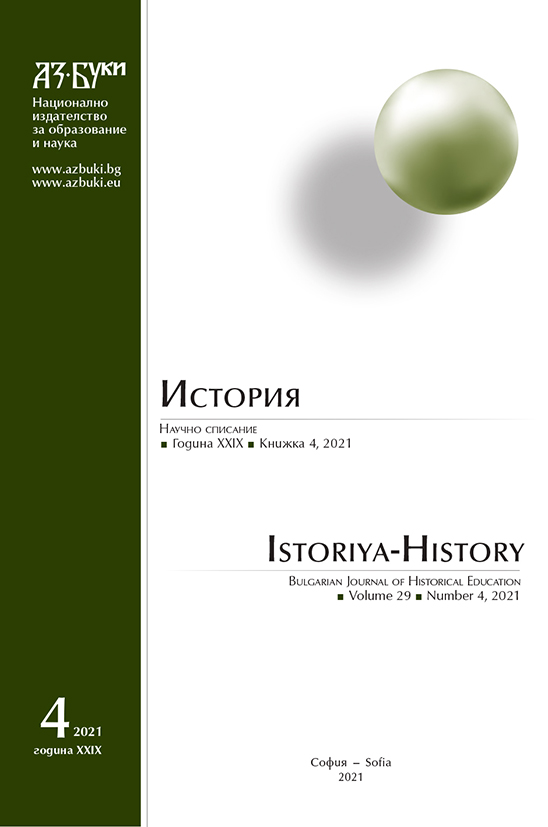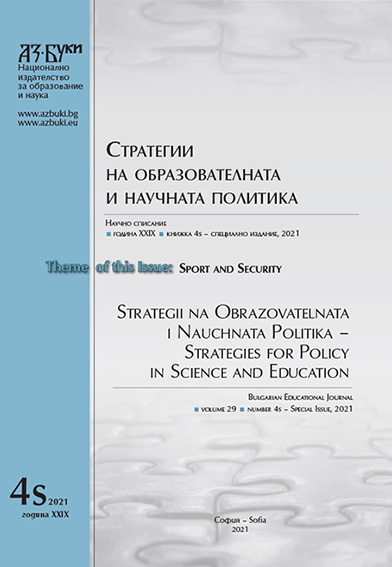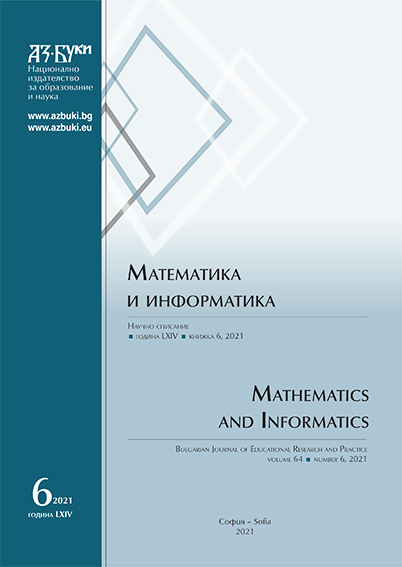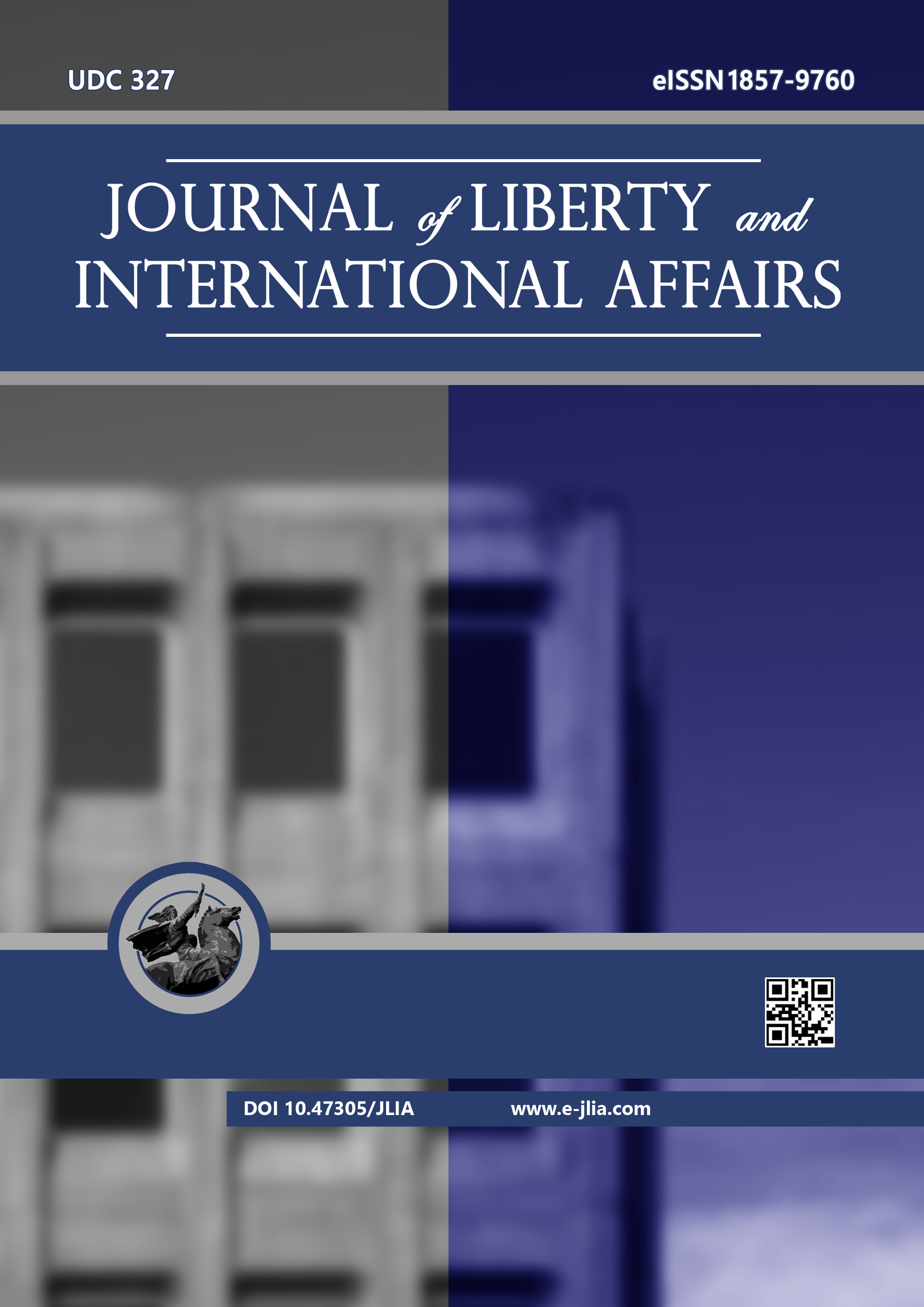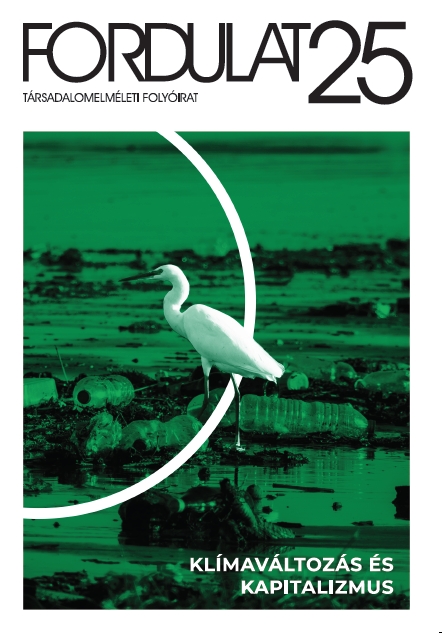
Létezik-e szocialocén?
The goal of this essay is to reevaluate state socialism’s environmental record. Zsuzsa Gille argues that state socialist modernity had its own view of nature and materials, as well as a largely misunderstood ethical stance to consumption that is ignored in today’s studies of capitalocene examining the interrelations of capitalism and climate crisis. This article provides a view not so much of the environmental advantages and disadvantages of central planning or “backwardness,” but rather demonstrate a unique economic logic that arguably carried some potential for a greener postsocialism. Instead of returning to the rightfully criticized Anthropocene term, however, Zsuzsa Gille argues for a more central role for waste and materiality in our understanding of the current dilemmas around global environmental problems.
More...
